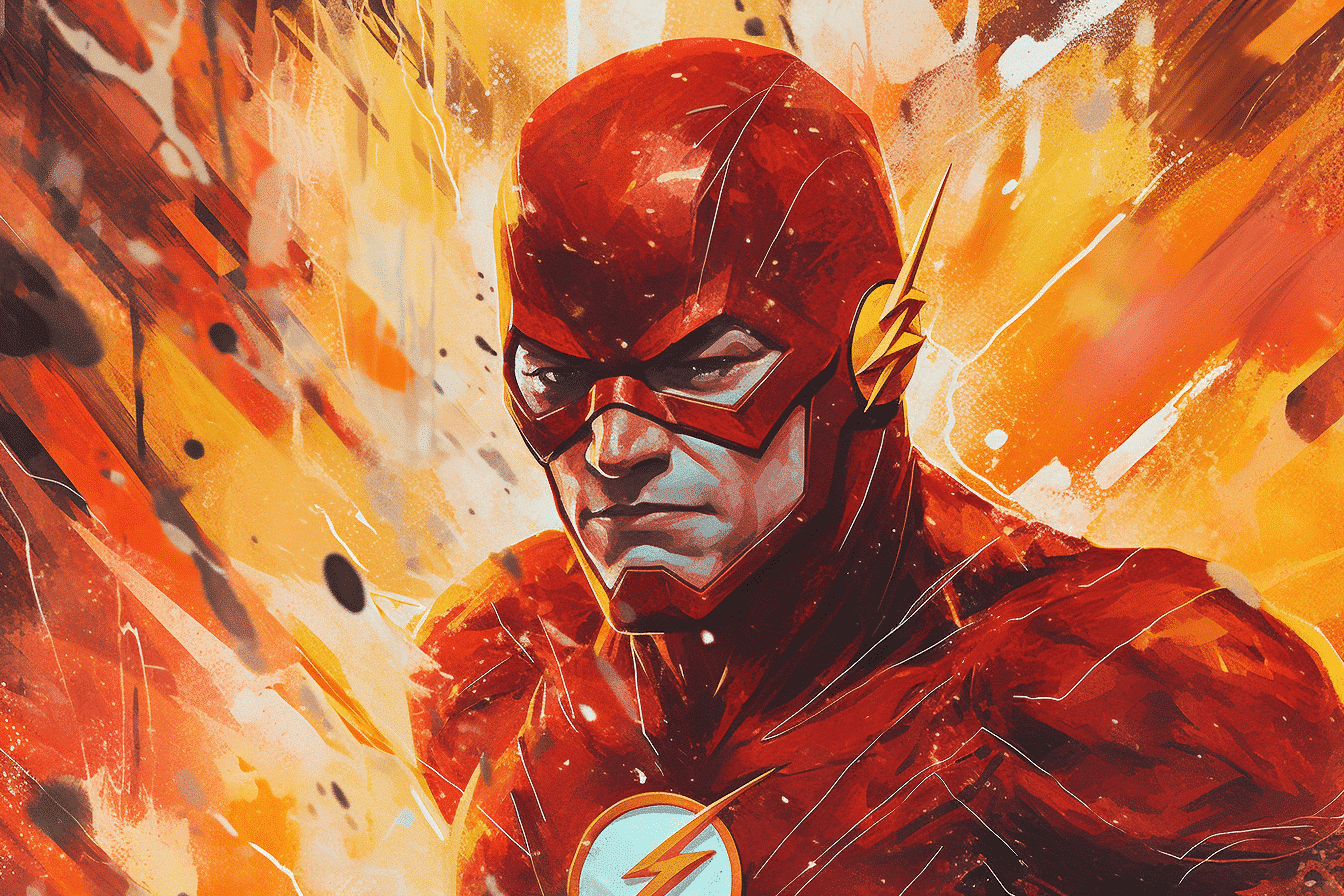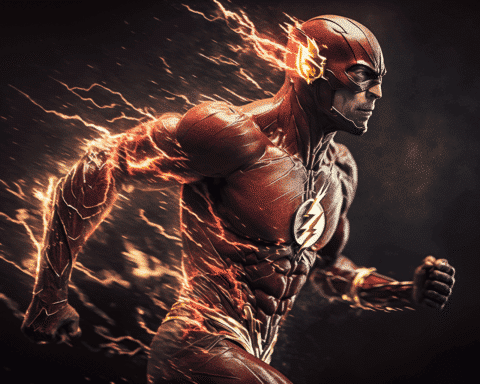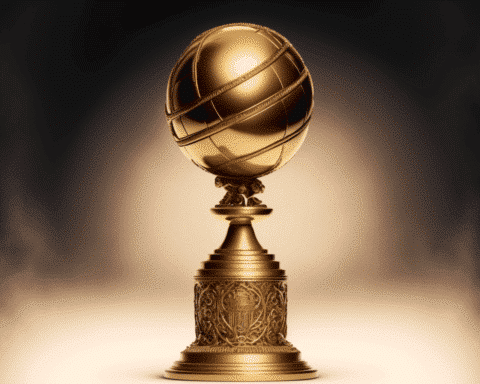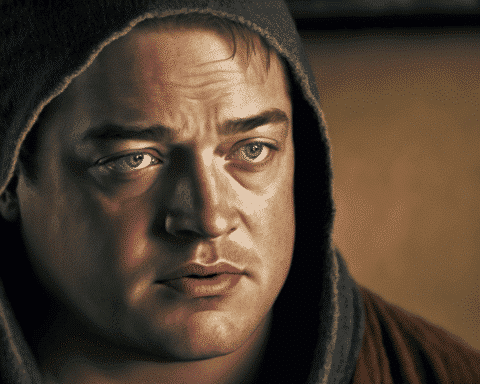The iconic TV series “The Flash” came to a dramatic close on Wednesday night, concluding its successful nine-season journey, just as Ezra Miller prepares to take the reins in a forthcoming big-screen adaptation. However, this final episode of the beloved DC series doesn’t merely symbolize the end of a show; it also heralds a change in the status quo for the CW network, marking the end of a superhero-centric era that characterized the network for years.
Following the acquisition of a majority stake in CW by the Nexstar station group from Warner Bros. and CBS, the network has entered a new phase. CW is shifting its strategy from being a primarily English-language broadcast network to a platform emphasizing unscripted programming and international acquisitions, including content developed for the Canadian market.
Two other superhero shows from Warner Bros., “Superman & Lois” and “Gotham Knights,” inspired by Batman, remain uncertain as they don’t align perfectly with CW’s announced programming and strategy.
This change renders “The Flash’s” conclusion somewhat poignant, despite a consensus that the show’s peak days were behind it and its ensemble of characters had become slightly overgrown.
Being a part of the famous Arrowverse, “The Flash” featured a complex web of characters and plots, flitting between alternate Earth and varied timelines.
In one memorable scene from the finale, when protagonists Barry Allen/The Flash (Grant Gustin) and Iris (Candice Patton) have a baby, their future grown-up daughter Nora (Jessica Parker Kennedy) paradoxically holds and comforts her infant self.
The concluding episode, “A New World, Part Four,” tied up many loose ends, featuring the return of Eddie Thawne (Rick Cosnett), who summoned past villains to fight the Flash and his crew. “The Flash” always had a sentimental touch, reflecting on its comic book roots and paying homage to the 1989 series.
Once the action concluded, time was found for Iris’ father, Joe (Jesse L. Martin), to demonstrate his Broadway talents and propose to Cecile (Danielle Nicolet). The finale also marked the return of Caitlin (Danielle Panabaker), a character with many alter egos during the show’s run.
“The Flash”, in all its complexity, might have been hard to follow for those unfamiliar with the Negative Speed Force. However, during its early years, it epitomized a genre that thrived on the CW and took bold, creative risks, including multi-part crossover episodes connecting various series.
In the last moments of the series, Barry expresses a hopeful message to his baby daughter about a future where “nothing has to be impossible as long as we believe in it.”
Despite the transformation of the TV landscape and looming uncertainty brought on by the writers’ strike, the CW’s future remains nebulous. As “The Flash” fades into the past, the grand vision Barry communicated already seems to shrink in the receding landscape.
In the wake of “The Flash’s” departure, the CW must adapt to the changing television landscape while charting its new course. The network has made its move, shifting its focus away from the superhero niche it once occupied. Yet, it’s clear that as “The Flash” fades into the sunset, its influence and the entire Arrowverse remain a formidable legacy that will long be remembered in the annals of television history. Despite the uncertainty over CW’s future, the spirit of hope and belief that characters like Barry Allen embodied could lead the network toward an end where ‘nothing is impossible.’




